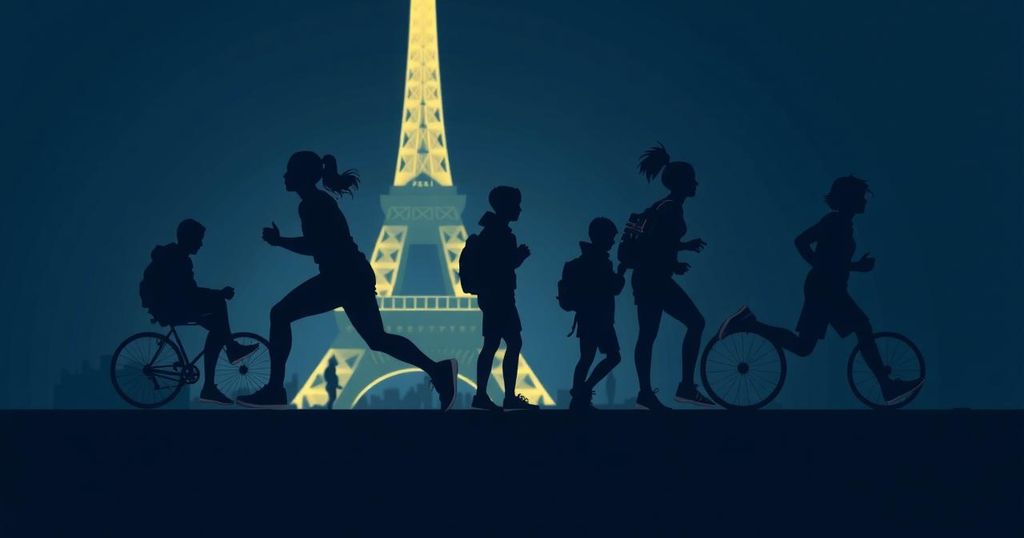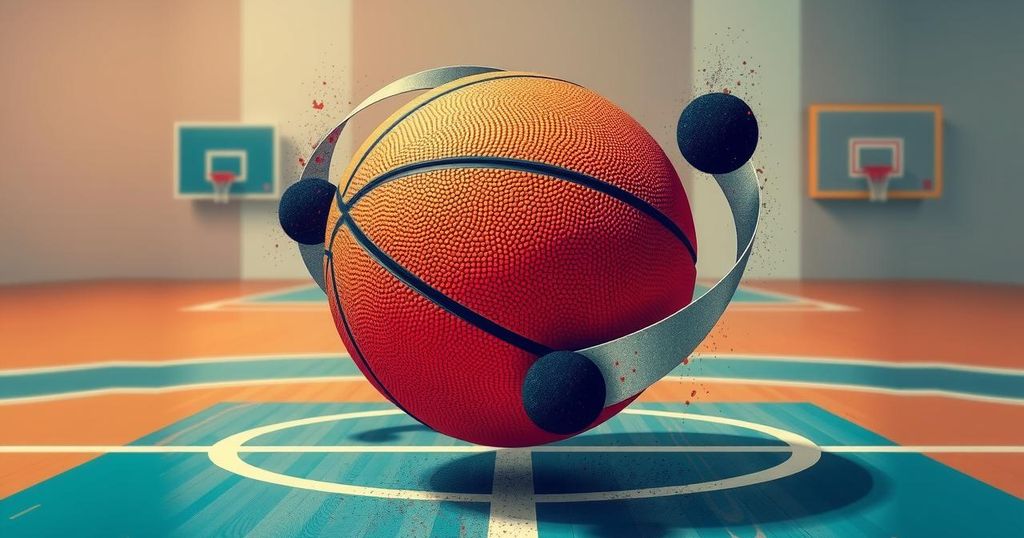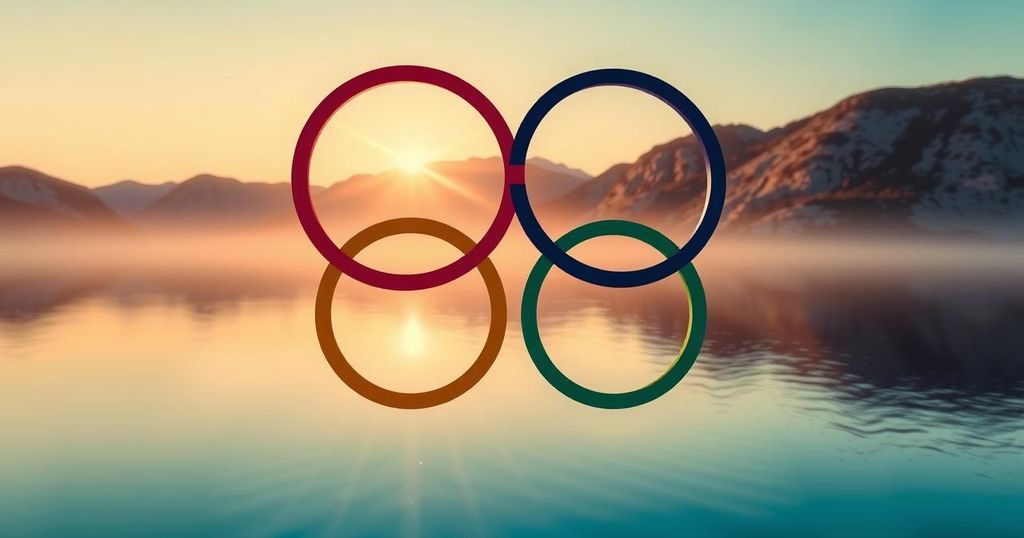The Paris 2024 Paralympics: The Paralympic Refugee Team – A Testament to Hope, Resilience, and Unity
The Paris 2024 Paralympics: The Paralympic Refugee Team – A Testament to Hope, Resilience, and Unity
On an inspiring occasion, we had the privilege of visiting the Paralympic Village for an in-depth interview with extraordinary medal winners of the Paralympic Refugee Team (RPT), joined by the Chef de Mission of the International Paralympic Committee, who shared exciting developments about the team’s journey. As the current Paralympic Games approach their conclusion and the focus shifts to Los Angeles for the next iteration, the significance of this unique team cannot be overstated. For many athletes, participating in these Games signifies not merely an athletic achievement, but a testament to their intense journeys characterized by adversity, heartbreak, and the courage to leave their homelands amid perilous conditions.
The words of legendary Liverpool FC coach Bill Shankly ring true, though often misquoted in jest: “Some people believe football is a matter of life and death. I am very disappointed with that attitude. I can assure you it is much, much more important than that.” This sentiment embodies more than just devotion to sports; it highlights the importance of community, solidarity, and collective effort, encapsulating the ideals inherent in the Olympic and Paralympic Refugee Teams that resonate even today.
First introduced at the Rio 2016 Olympics, the Olympic Refugee Team exemplified how sport could transcend boundaries to shine light on the struggles faced by displaced individuals. Now, at the Paris 2024 Paralympic Games, the Refugee Paralympic Team comprises eight athletes and one guide runner, marking the largest collection of refugee competitors to date. This team represents over 120 million forcibly displaced individuals across the globe, competing in six sports including Para athletics, Para powerlifting, Para table tennis, Para taekwondo, Para triathlon, and wheelchair fencing. Their very participation serves as a powerful symbol of unity against oppression.
Among these inspiring athletes, Zakia Khudadadi, a Para Taekwondo bronze medalist, personifies courage and resilience. Hailing from Afghanistan’s Hazara ethnic minority, Zakia’s journey has been fraught with peril, particularly following the Taliban’s resurgence. “For every training session, it was very hard—leaving for the club, returning home—I was constantly in danger,” she articulated. Fortunately, her supportive family encouraged her dreams, propelling her to success, culminating in her presence at the Paralympics.
Following the Taliban’s takeover on August 15, 2021, Zakia experienced life-threatening risks despite her fame as a female athlete in her country. Desperately reaching out for asylum on social media, she fled to safety just days later. “I chose France because it was the country that helped me escape Afghanistan,” she explained, radiating gratitude. Zakia maintains that her medal symbolizes more than personal achievement; it is a representation of the millions of women facing similar adversities. “With my medal, I convey that even coming from a war-torn country, one can achieve success through relentless will and determination,” she stated emphatically.
The Chef de Mission for the Paralympic Refugee Team, Nyasha Mharakurwa, himself a former Paralympian, elucidates the unique challenges encountered by refugee athletes. He emphasized the importance of community support, stating, “Moving your whole life to a new country is difficult and requires society to provide additional support as they build new friendships and networks.” Remarkably, the refugees on this team have formed incredible bonds, showcasing their resilience despite varied backgrounds.
The significance of the Paralympics extends beyond competition; it nurtures a platform for broader societal changes. Mharakurwa expressed pride in their progress, noting, “We are cultivating a program to support the Refugee Paralympic Team between Games, acknowledging the unwavering commitment from the IPC towards this initiative.”
The emotions witnessed during the opening ceremony resonated deeply with flagbearer Guillaume Junior Atangana, who expressed great honor in representing the team: “Carrying that flag propelled my confidence; I felt the weight of my responsibility representing all refugees worldwide.” Guillaume emphasized the necessity for hope and perseverance, stating, “When you dare, you can succeed. You must never give up. You must never abandon hope.”
In conclusion, while the essence of sport may not be more significant than matters of life and death, its capacity to reflect, confront, and ameliorate injustice can be transformational. The Paralympic Refugee Team exemplifies this powerful ethos, urging society to embrace a more inclusive and compassionate response to the plight of refugees globally. Their extraordinary narratives of courage, hope, and determination serve not only as an inspiration to the world but also as a clarion call for greater awareness and action to support the millions of displaced individuals around the globe.








Post Comment